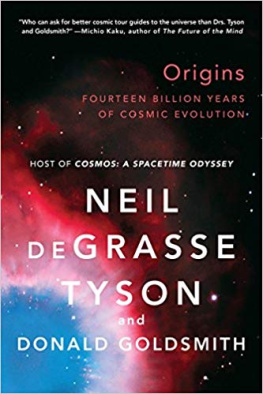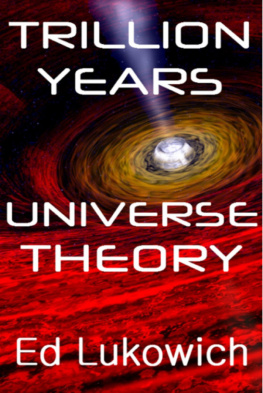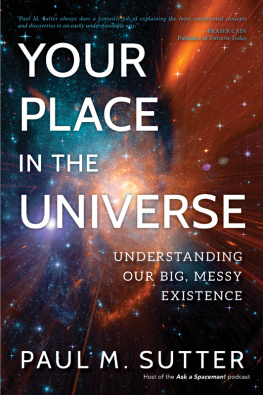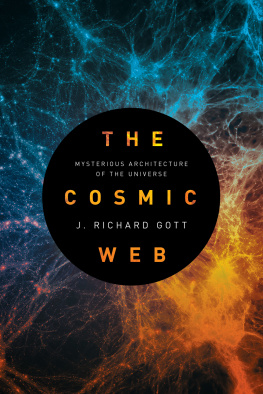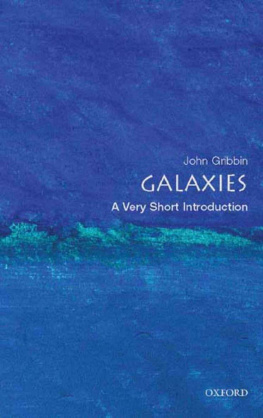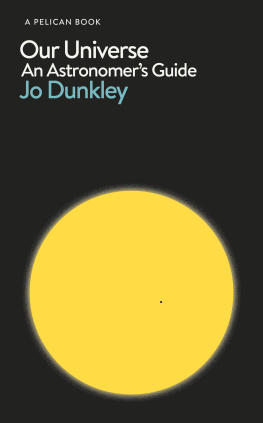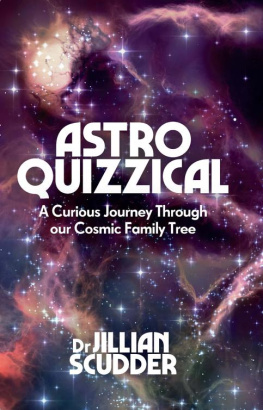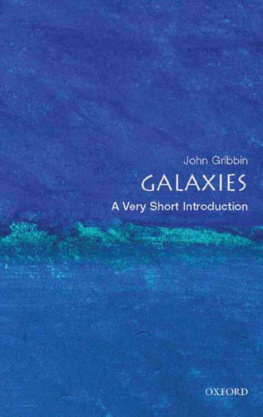

Fourteen Billion Years of
Cosmic Evolution

Neil deGrasse Tyson
and
Donald Goldsmith

W. W. NORTON & COMPANY
NEW YORK LONDON
To all those who look up,
And to all those who do not yet know
why they should
Contents
PREFACE
A Meditation on the Origins of Science and the Science of Origins
A new synthesis of scientific knowledge has emerged and continues to flourish. In recent years, the answers to questions about our cosmic origins have not come solely from the domain of astrophysics. Working under the umbrella of emergent fields with names such as astrochemistry, astrobiology, and astro-particle physics, astrophysicists have recognized that they can benefit greatly from the collaborative infusion of other sciences. To invoke multiple branches of science when answering the question, Where did we come from? empowers investigators with a previously unimagined breadth and depth of insight into how the universe works.
In Origins: Fourteen Billion Years of Cosmic Evolution , we introduce the reader to this new synthesis of knowledge, which allows us to address not only the origin of the universe but also the origin of the largest structures that matter has formed, the origin of the stars that light the cosmos, the origin of planets that offer the likeliest sites for life, and the origin of life itself on one or more of those planets.
Humans remain fascinated with the topic of origins for many reasons, both logical and emotional. We can hardly comprehend the essence of anything without knowing where it came from. And of all the stories that we hear, those that recount our own origins engender the deepest resonance within us.
Self-centeredness bred into our bones by our evolution and experience on Earth has led us naturally to focus on local events and phenomena in the retelling of most origin stories. However, every advance in our knowledge of the cosmos has revealed that we live on a cosmic speck of dust, orbiting a mediocre star in the far suburbs of a common sort of galaxy, among a hundred billion galaxies in the universe. The news of our cosmic unimportance triggers impressive defense mechanisms in the human psyche. Many of us unwittingly resemble the man in the cartoon who gazes at the starry heavens and remarks to his companion, When I look at all those stars, Im struck by how insignificant they are.
Throughout history, different cultures have produced creation myths that explain our origins as the result of cosmic forces shaping our destiny. These histories have helped us to ward off feelings of insignificance. Although origin stories typically begin with the big picture, they get down to Earth with impressive speed, zipping past the creation of the universe, of all its contents, and of life on Earth, to arrive at long explanations of myriad details of human history and its social conflicts, as if we somehow formed the center of creation.
Almost all the disparate answers to the quest of origins accept as their underlying premise that the cosmos behaves in accordance with general rules, which reveal themselves, at least in principle, to our careful examination of the world around us. Ancient Greek philosophers raised this premise to exalted heights, insisting that we humans possess the power to perceive how nature operates, as well as the underlying reality beneath what we observe: the fundamental truths that govern all else. Quite understandably, they insisted that uncovering those truths would be difficult. Twenty-three hundred years ago, in his most famous reflection on our ignorance, the Greek philosopher Plato compared those who strive for knowledge to prisoners chained in a cave, unable to see objects behind them, and who must attempt to deduce from the shadows of these objects an accurate description of reality.
With this simile, Plato not only summarized humanitys attempts to understand the cosmos but also emphasized that we have a natural tendency to believe that mysterious, dimly sensed entities govern the universe, privy to knowledge that we can, at best, glimpse only in part. From Plato to Buddha, from Moses to Mohammed, from a hypothesized cosmic creator to modern films about the matrix, humans in every culture have concluded that higher powers rule the cosmos, gifted with an understanding of the gulf between reality and superficial appearance.
Half a millennium ago, a new approach toward understanding nature slowly took hold. This attitude, which we now call science, arose from the confluence of new technologies and the discoveries that they fostered. The spread of printed books across Europe, together with simultaneous improvements in travel by road and water, allowed individuals to communicate more quickly and effectively, so that they could learn what others had to say and could respond far more rapidly than in the past. During the sixteenth and seventeenth centuries, this hastened back-and-forth disputation and led to a new way of acquiring knowledge, based on the principle that the most effective means of understanding the cosmos relies on careful observations, coupled with attempts to specify broad and basic principles that explain a set of these observations.
One more concept gave birth to science. Science depends on organized skepticism, that is, on continual, methodical doubting. Few of us doubt our own conclusions, so science embraces its skeptical approach by rewarding those who doubt someone elses. We may rightly call this approach unnatural; not so much because it calls for mistrusting someone elses thoughts, but because science encourages and rewards those who can demonstrate that another scientists conclusions are just plain wrong. To other scientists, the scientist who corrects a colleagues error, or cites good reasons for seriously doubting his or her conclusions, performs a noble deed, like a Zen master who boxes the ears of a novice straying from the meditative path, although scientists correct one another more as equals than as master and student. By rewarding a scientist who spots anothers errorsa task that human nature makes much easier than discerning ones own mistakesscientists as a group have created an inborn system of self-correction. Scientists have collectively created our most efficient and effective tool for analyzing nature, because they seek to disprove other scientists theories even as they support their earnest attempts to advance human knowledge. Science thus amounts to a collective pursuit, but a mutual admiration society it is not, nor was meant to be.
Like all attempts at human progress, the scientific approach works better in theory than in practice. Not all scientists doubt one another as effectively as they should. The need to impress scientists who occupy powerful positions, and who are sometimes swayed by factors that lie beyond their conscious knowledge, can interfere with sciences self-correcting ability. In the long run, however, errors cannot endure, because other scientists will discover them and promote their own careers by trumpeting the news. Those conclusions that do survive the attacks of other scientists will eventually achieve the status of scientific laws, accepted as valid descriptions of reality, even though scientists understand that each of these laws may some day find itself to be only part of a larger, deeper truth.
Next page
